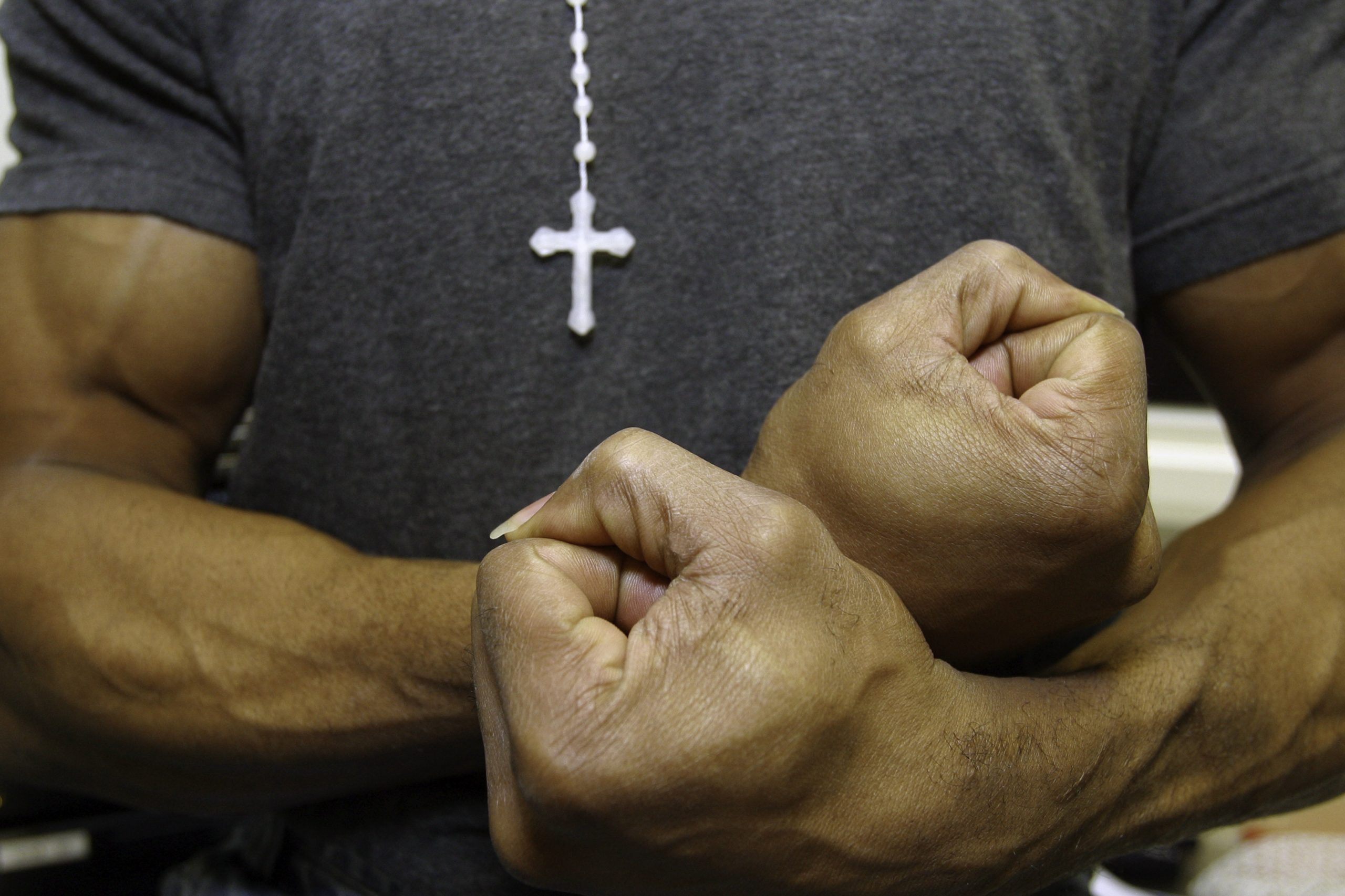Prisoners from minority ethnic backgrounds suffered disproportionately from COVID measures in prisons, according to a new report by the Zahid Mubarek Trust (ZMT). The report, which draws upon questionnaires completed by prison-leavers who served time between 23 March and 31 August 2020 and their family members, focuses specifically on the impact COVID measures have had on ethnic minority prisoners. People from Black, Asian, and minority ethnic (BAME) backgrounds suffer higher mortality rates from the virus and are overrepresented in the prison estate, making up more than a quarter of the English and Welsh prison population. ZMT was founded by the family of 19-year-old Zahid Mubarek who was murdered by his racist cellmate on the morning of his release from Feltham Young Offender Institution.
By 31st January 2021, 86 prisoners had died after testing positive for COVID, with 64 of these deaths either suspected or confirmed to be caused by the virus. These figures, lower than those projected by Public Health England at the start of the crisis, indicate that stringent restrictions inside prisons have been successful in preventing the spread of COVID. However, the report concludes that limited transmission rates may have come at the cost of prisoners’ mental health. Participants highlighted measures such as being locked in their cells for up to 23 hours each day, reduced contact with loved ones and other prisoners, the inability to study or work, lack of information and control, and inconsistent application of rules cumulatively having a profound impact on their mental wellbeing. More then three-quarters of respondents (76%) said that they only spent between 30-45 minutes out of their cells each day and 13 prison leavers (21%) said that they were getting no more than 15 minutes out of cell for the first few weeks of the pandemic.
‘Prisons run on routines, on predictions, on expectations, on little perks,’ said one 27 year old male prison leaver. ‘All these are gone (with the COVID measures). We live under the ruins of our own dreams and hopes.’ Over half of prison leavers surveyed reported increased feelings of stress, anxiety, or depression, with several participants further noting that they had contemplated self-harm or suicide during their time inside. ‘The line between doing something stupid and stopping yourself was very thin,’ said one 20 year old participant, with another commenting that, ‘If I had stayed there (prison) one extra week it would have been a body bag for me.’
Many respondents described ‘experiencing or witnessing incidents of racism, prejudicial treatment and unfair use of discretionary powers during lockdown’. According to the report, this ‘may have reinforced (…) existing feelings that the prison system does not treat them equally’. One prison leaver voiced concern that Special Purpose Licenses (SPLs), which allow prisoners short periods of temporary release, were being granted unfairly and inconsistently. ‘I’ve had ill family members, my mate’s dad died whilst in (name of prison), but we don’t get SPLs’, he said. ‘They give it (SPLs) to white people to go paint houses and take wives to hospitals which is not fair, but they make us live with it due to our colour’.
The report notes that only one prison leaver used their prisons’ internal complaints system to challenge prejudicial treatment. Others commented that they were hesitant to escalate their grievances for fear of repercussions and continued negative treatment. ‘You get f****d for it (making a complaint),’ said one woman prison leaver. ‘The staff will team up, because they are family you know, and then you’re on their radar.’ This perception chimes with the findings of a 2017 report by the Prison Reform Trust, which found that allegations of discrimination made by prisoners against prison staff were only upheld 1% of the time. Conversely, 76% of staff reports of alleged discrimination by a prisoner were upheld.
The ZMT report makes several recommendations as to how HM Prisons and Probations Service can combat the negative impact of COVID measures on the mental health of ethnic minority prisoners. These include ensuring that prisoners are provided with longer time outside their cells, sharing information more frequently, remedying structural issues in the prison estate such as overcrowding, and lifting COVID restrictions in line with the lifting of regulations in the community.
Despite calls to prioritise COVID vaccinations across the prison estate, Downing Street has rejected such proposals, stating that: ‘prisoners won’t be prioritised for vaccines. They are vaccinated at the same time as the general public in line with the JCVI (Joint Committee on Vaccination and Immunisation) prioritisation groups, no quicker than that’. A recent report by University College London researchers argues that early vaccinations in prisons would not only protect the health of an at-risk group, but restore prisoners’ access to education, work, and rehabilitation programmes, as well as lower the risk of reoffending. ‘We believe the current methods of regime restriction are not enough to protect people adequately’, said Dr Isobel Brathwaite, lead author of the study. ‘[A] systematic, ‘whole-prison’ approach to vaccination is key to preventing further outbreaks and reducing overall deaths in prisons’.







